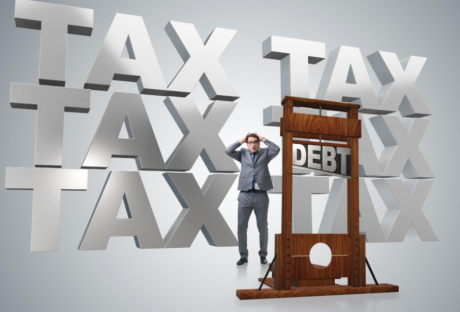ExpertOption, a binary options broker launched in 2015 and based in St Vincent and the Grenadines is a relatively new broker within the binary options arena.
In their 2018 review of ExpertOption, BinaryOptionsExpert.net praise their ability to cater to both more and less experienced investors, giving an overall rating of 4.8 stars, with ExpertOption scoring between 4.6-5.0 stars throughout the categories of Accounts, Bonuses, Features, Trades, Mobile, Banking and Support.
What’s Good About It?
ExpertOption offers four account types, each with varying benefits and deposits: the Mini Account with a $50 deposit, alongside the Silver, Gold and the VIP Account, which requires a $2,500 deposit. BinaryOptionsExpert.net award ExpertOption’s Account Types 5.0 stars, identifying them as a great beginner broker, with a minimum trade of just $1.
ExpertOption offer over 50 assets, with gold, oil, stocks, currency pairs, and Forex pairs, earning them 4.6 for Trade Types and Payouts. Moreover, ExpertOption offers two trade types: 60-second options: an extreme option in terms of expiry times, which is great for traders with limited time. The second trade type, High/Low Options has a 15-minute expiry time, offering greater flexibility. ExpertOption also claims to offer bigger payouts than other brokers, with up to 95% of profits being rewarded.
Bonuses and Promotions are one of the expert options strengths, earning a perfect 5.0 stars, thanks to their sliding scale bonuses based on account types. A 50% bonus is available with a Mini Account, increasing to 80% with the Silver Account, 100% with Gold and 125% with a VIP Account.
ExpertOption accepts debit, credit cards and alternative payment methods including Skrill and Neteller. Commission-free withdrawals and the speed and ease with which deposits can be made earns their Banking capabilities 4.7 stars. Following the $50 deposit required to open a Mini Account, the minimum deposit required thereafter is $10, with priority withdrawal for Gold and VIP Accounts.
When it comes to Customer Support (4.9 stars), BinaryOptionsExpert.net noted ExpertOption’s 5 different contact options and languages: English, Russian, Chinese, Thai and Hindi, each with a phone number and email address. Inexperienced traders can get accustomed to the platform without risking real money, thanks to the $10,000 demo account, whilst an informative education center covers everything from trading strategies to jargon, earning ExpertOption’s Special Features 4.6 stars.
What Could Be Improved?
Despite an impressive 4.8 star rating thanks to apps for iOS and Android devices and a mobile site, BinaryOptionsExpert.net note the difficulty in navigating ExpertOption’s mobile site, with a lack of responsiveness and certain aspects not being optimized for mobile usage.
Although ExpertOption claims to offer a quick withdrawal turnaround time, exact time is not stated, with some traders experiencing more long waiting times. Equally, whilst ExpertOption’s English helpline is available 24/7, helplines in other languages are only available at specific times Monday-Friday.
Overall:
Ultimately, BinaryOptionsExpert.net highlight ExpertOption’s suitability for new and experienced traders alike. A useful demo account and extensive educational resources facilitate risk-free trading for inexperienced users, whilst the mobile app is ideal for trading on the go.
With accounts ranging from Basic to VIP and the ability to open an account with just $50, this review reaffirms how traders of all levels can try ExpertOption.
Read Also :






















